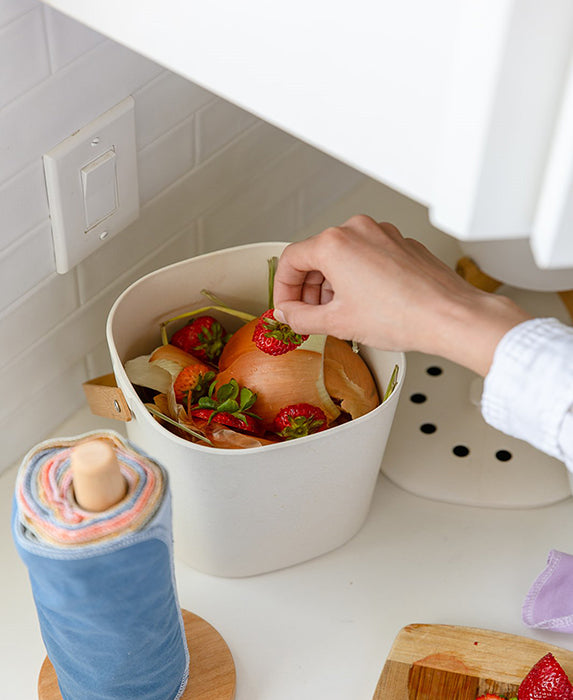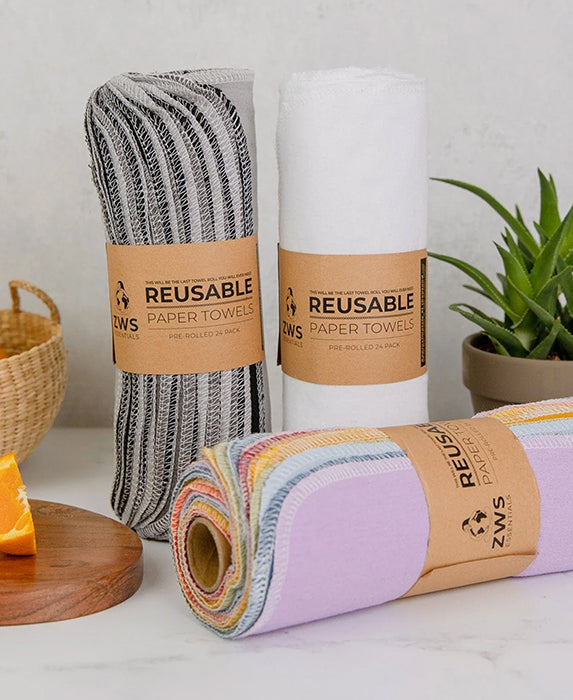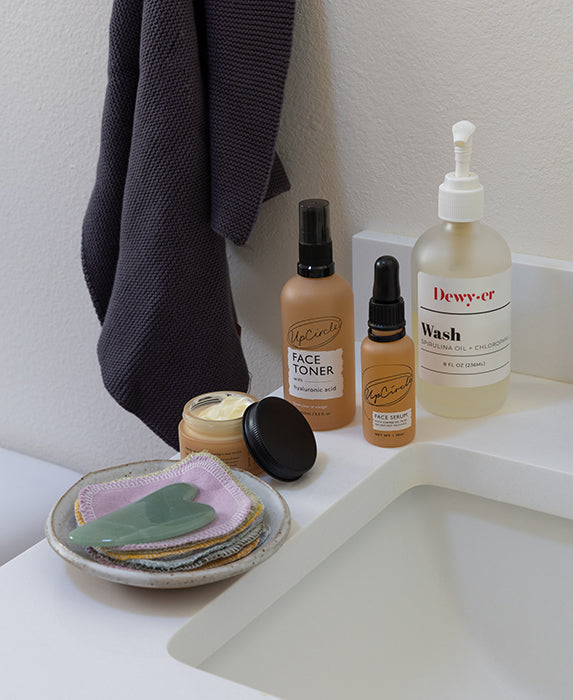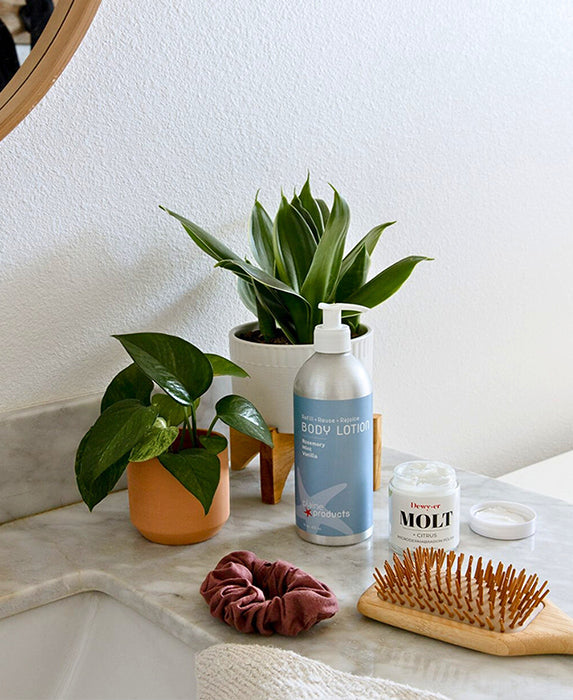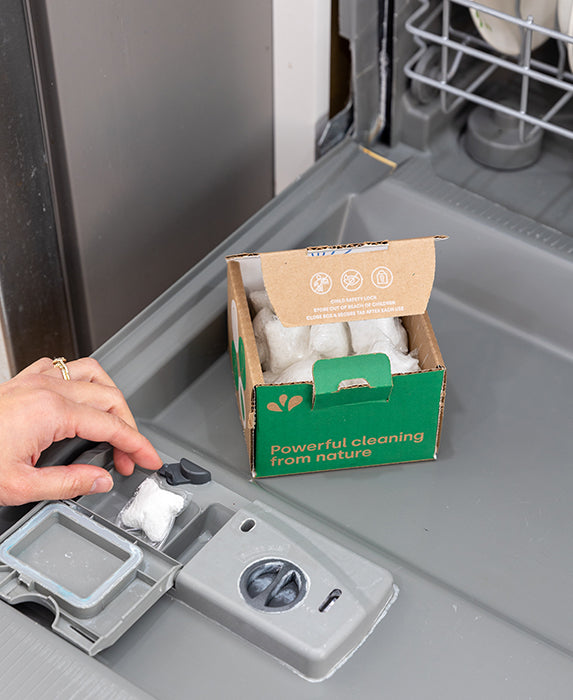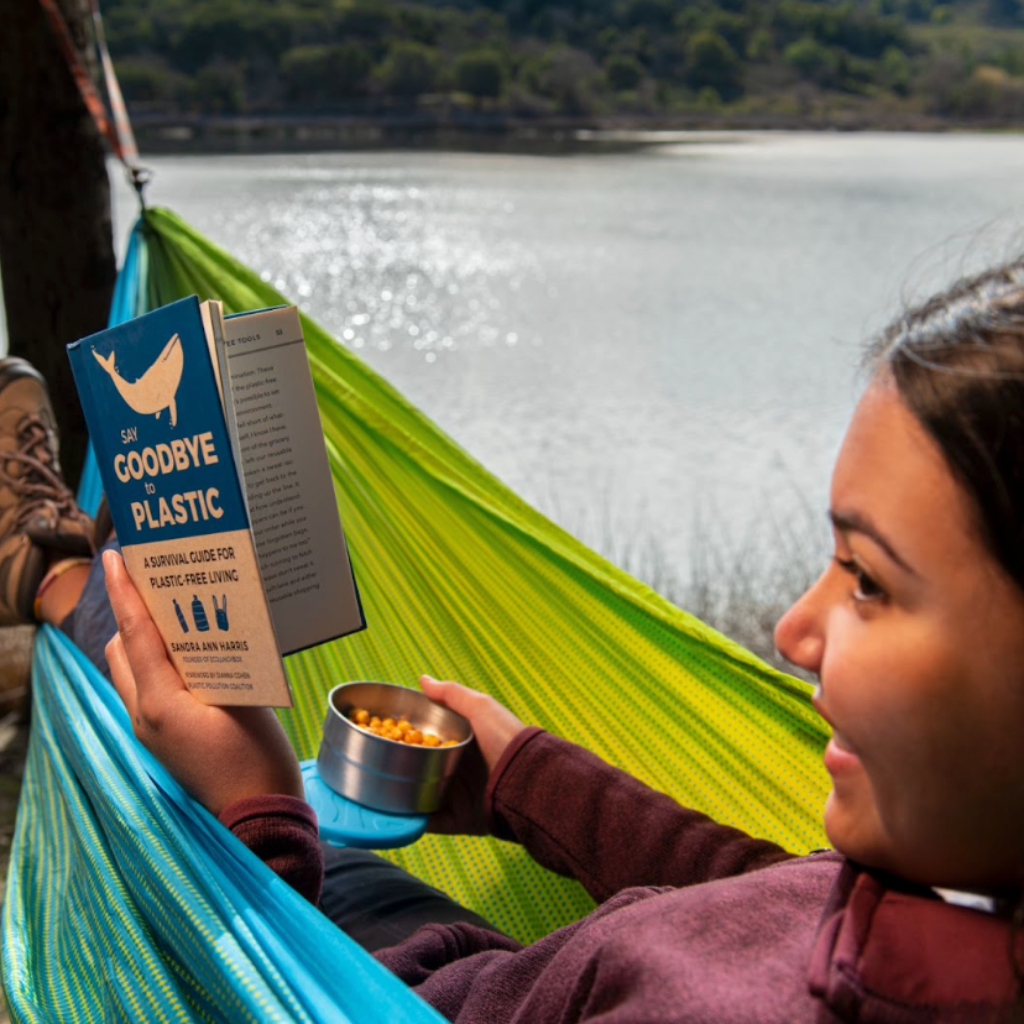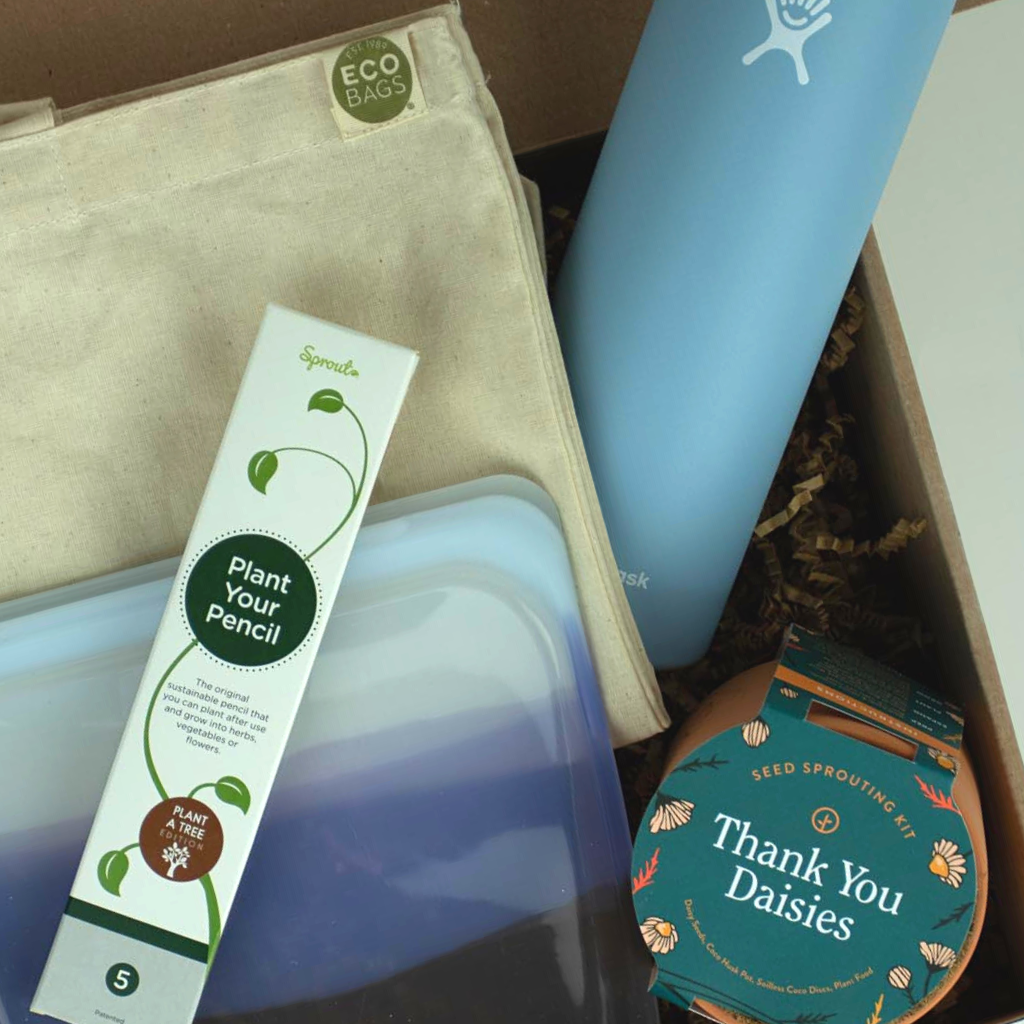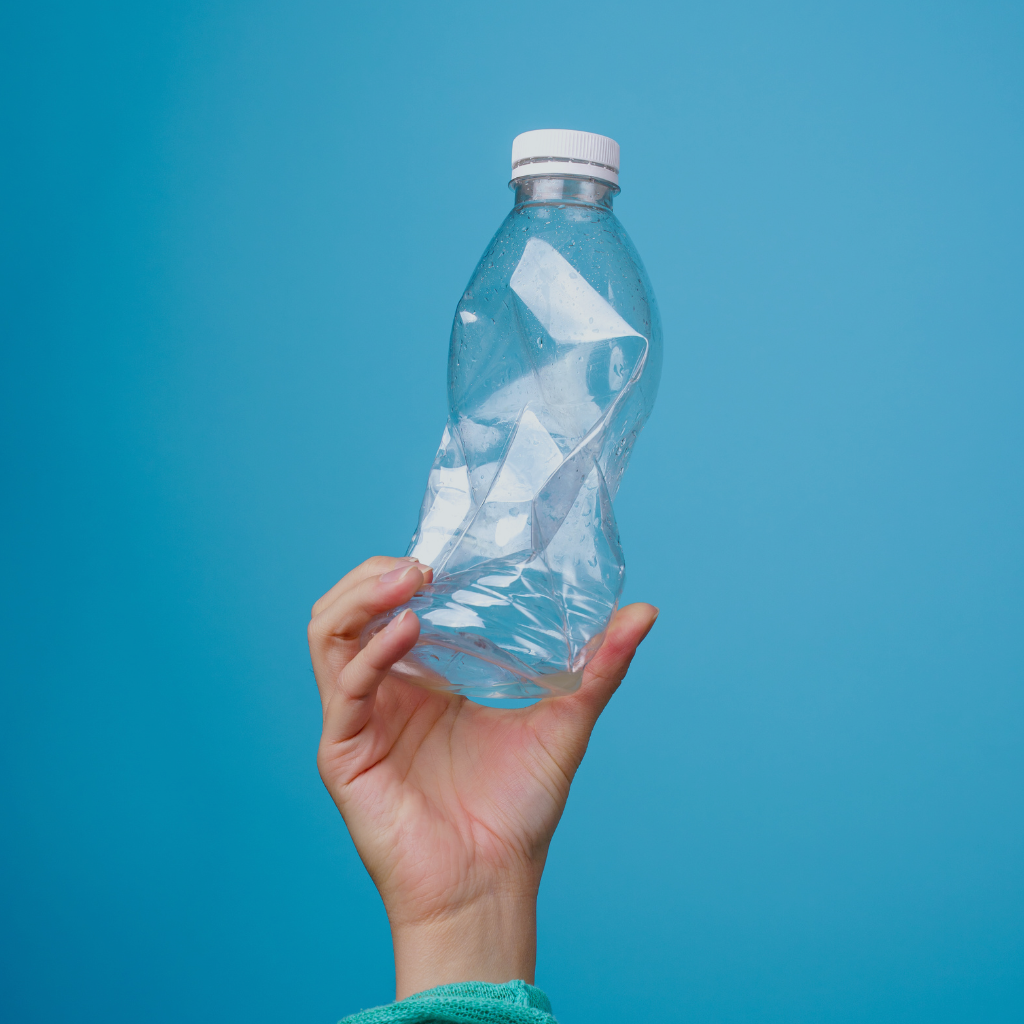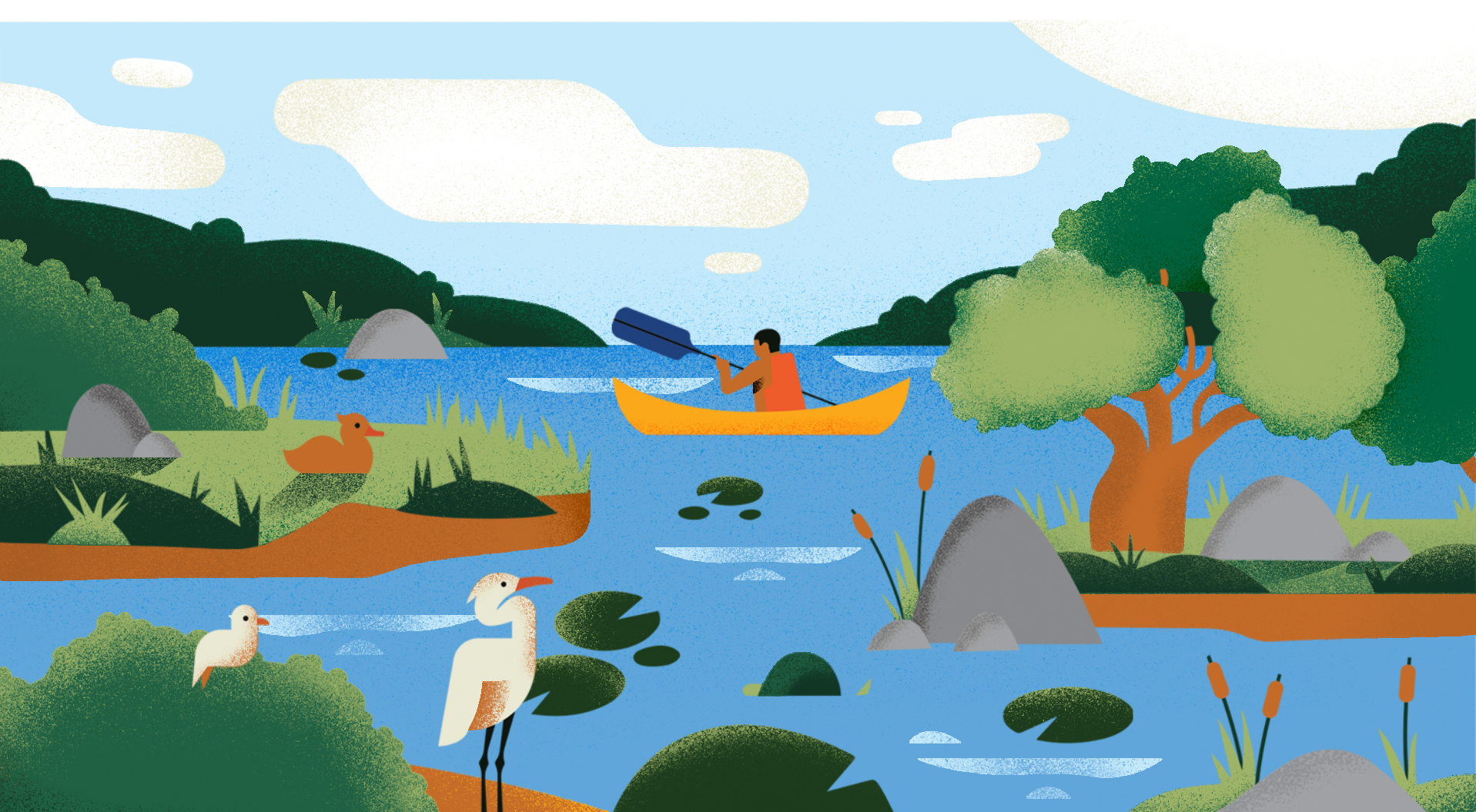This blog was written by a guest contributor Sandra Ann Harris, founder of ECOlunchbox. Learn more below!
As we celebrate Plastic Free July, it's essential to reflect on our consumption habits and take steps toward reducing our dependence on plastic. Plastic has become an integral part of our lives, but its impact on the environment is devastating the environment and human health. Single-use plastic items, in particular, contribute to pollution and pose a threat to marine life.
Drawing inspiration from the book "Say Goodbye to Plastic: A Survival Guide For Plastic-Free Living," we’re hoping to inspire you with a few practical tips to help you create a plastic-free household.
The book is written by plastic-free entrepreneur Sandra Ann Harris who founded ECOlunchbox in 2009 to put to market the first line of steel and silicone containers nationwide. The book is broken down into rooms of the house with chapters offering tips for the kitchen, dining room, bathroom, bedroom, office, etc… Here is a sneak peek at a few tips to get you started.
Embrace Reusable Alternatives: One of the easiest ways to reduce plastic consumption is by replacing single-use items with reusable alternatives. Invest in a sturdy water bottle, reusable food containers, a travel mug, and reusable shopping bags. Keep a set of stainless steel or glass straws at home to avoid plastic ones.
Shop Zero Waste: When grocery shopping, be conscious of your choices. Try buying in bulk whenever possible by using containers with etched tare weights and capacities. Zero waste shops are popping up nationwide, so do a quick search to see where you can buy dry foods, like nuts and cereals, as well as household supplies, like powdered laundry detergent, in reusable containers. Avoid products that are heavily packaged in plastic and opt for alternatives packaged in eco-friendly materials.
Ditch Disposable Cutlery and Plates: Hosting a party or gathering? Ask your guests to BYO. Or, instead of providing disposable cutlery and plates, switch to biodegradable or reusable alternatives. Look for nonbreakable options like bamboo utensils, stainless steel plates and items made from biodegradable and plastic-free reusable materials.
Explore Sustainable Personal Care Products: The bathroom is another area where plastic waste tends to accumulate. Replace single-use items like disposable razors and plastic toothbrushes with sustainable alternatives. Consider using safety razors, bamboo toothbrushes, and refillable containers for shampoo, conditioner, and body wash sold in bulk by your local zero-waste shop.
Give Your Home Office an Eco-Friendly Tune-up: Many of us spend a lot of time at work. Whether you’re in your home office or somewhere else, you can easily expand your plastic-free lifestyle to your workspace. Start by identifying ways to minimize plastic waste. Switch to refillable ink cartridges for printers, use pens made from recycled materials or those that are refillable, and opt for paper products packaged in eco-friendly materials. Explore digital alternatives for note-taking and document storage to reduce your reliance on plastic-based stationery items. Swap out energy-intensive lighting with LED bulbs.
Give Your Kitchen A Plastic-Free Reboot: Weeding out kitchen plastic will make a tangible difference in reducing plastic waste and minimizing exposure to estrogen-mimicking chemicals commonly found in plastic, like BPA, that are especially toxic when exposed to heat. Swap out plastic wrap for beeswax wraps or silicone food covers. Choose to use a bamboo cutting board and organic cotton grocery bags instead of plastic. Switch to powdered dishwasher detergent sold in a recyclable cardboard box and stop using dishwasher pods coated with PVA-coated plastic film.
Inspire Others to Join You in Saying Goodbye To Plastic: Be an advocate for a plastic-free lifestyle. Share your experiences and knowledge with friends, family, and social media followers. Engage in conversations about the detrimental effects of plastic and encourage others to adopt sustainable practices. By spreading awareness, you can inspire more people to take action and collectively make a positive impact on the environment.
By implementing the tips from the "Say Goodbye to Plastic: A Survival Guide For Plastic-Free Living" book, we can help turn the tide on plastic pollution. Plastic Free July serves as a reminder that we have the power to choose alternatives that are better for our planet. Let's embrace a plastic-free lifestyle and encourage others to join us on this journey towards a cleaner, greener world.
Sandra Ann Harris, the author of "Say Goodbye to Plastic: A Survival Guide For Plastic-Free Living," is an entrepreneur and thought leader in the plastic pollution movement. She founded ECOlunchbox, a certified B Corporation and California Green Business, as a mission-based company dedicated to educating, inspiring and empowering people to say goodbye to plastic in 2009. To purchase a copy signed by the author, visit ECOlunchbox. Or download via Kindle. The book is also available in independent bookstores nationwide via Penguin Random House distribution

